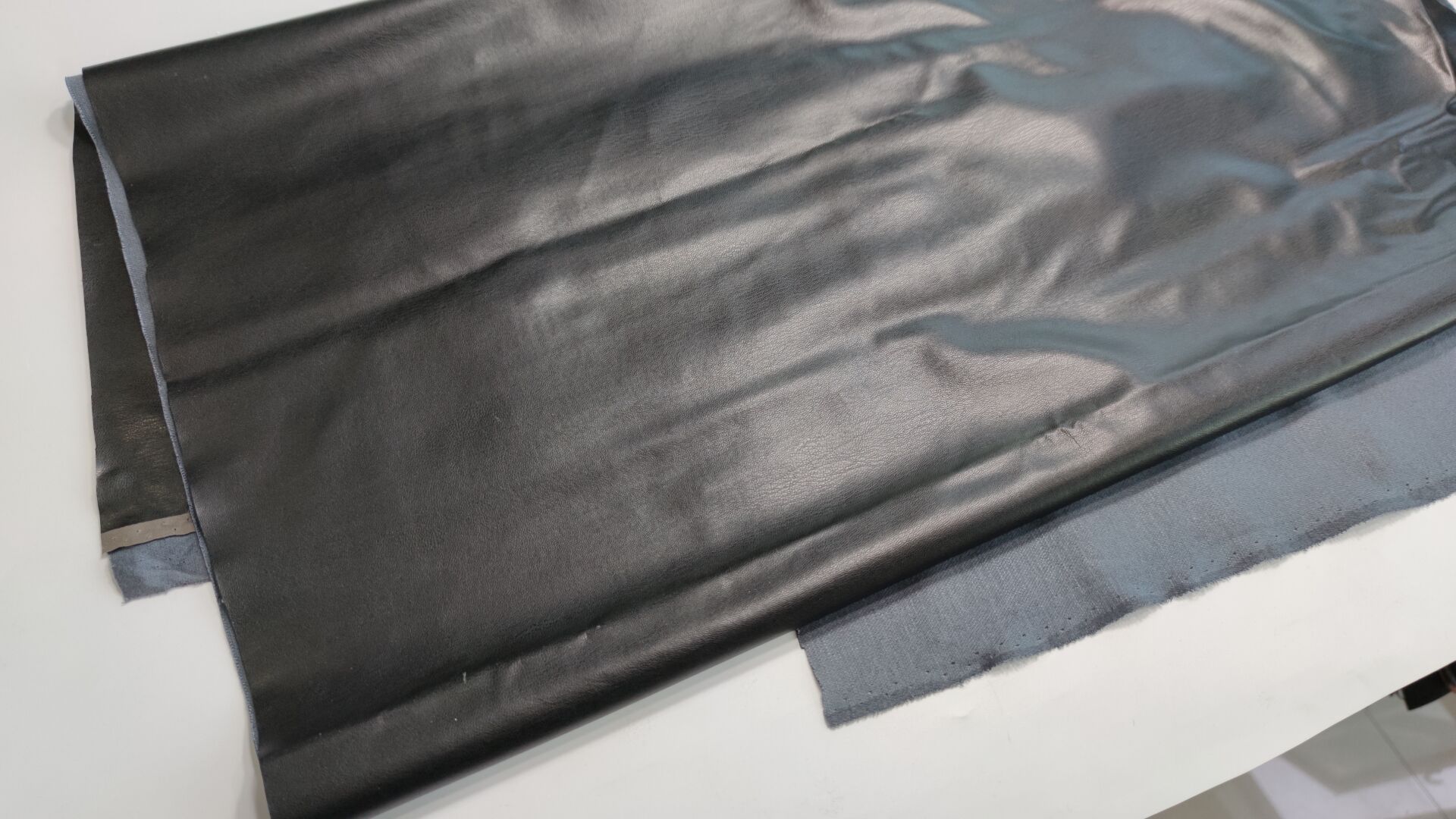Eco-friendly synthetic leather, also called vegan synthetic leather or biobased leather, refers to the use of raw materials that are harmless to the surrounding environment and is processed through clean production processes to form functional emerging polymer fabrics, which are widely used in all aspects of people’s daily lives. Its characteristics are to save energy and reduce environmental impact, and can give products new ecological and green environmental protection functions, including water-based polyurethane synthetic leather, solvent-free synthetic leather, and microfiber synthetic leather. Therefore, the ecologicalization of the synthetic leather industry is also the direction of the industry. The mainstream is to apply environmentally friendly green materials, promote clean process production, achieve high-efficiency production, reduce consumption and emission reduction, and follow the production method of circular economy development.
When the indicators of the four chemicals that are easily present in the leather and closely related to the ecology are lower than the limit requirements, such leather can be accepted by the EU countries, and it is also known as the real “ecological leather” (ie, environmentally friendly leather) . The four chemical indicators are:
1) Hexavalent chromium: Chromium plays an important role in tanning leather. It can make the leather soft and elastic, so it is an indispensable tanning agent.
2) Prohibited azo dyes: Azo is a synthetic dye, which is widely used in leather and textiles. The harmful way of azo is to produce an aromatic amine through contact with the skin. After the skin absorbs the aromatic amine, it causes cancer, so The use of such synthetic dyes should be prohibited. There are more than 2,000 azo dyes produced, and about 150 are classified as prohibited azo dyes. At present, there are more than 20 kinds of banned azo that are detectable and harmful to humans listed in international regulations, and they are generally found in dyes.
3) Pentachlorophenol: Pentachlorophenol is an invisible and intangible substance, and it is also a component that needs to be added during leather making. It generally plays a role of anti-corrosion. If it is not completely treated after the anti-corrosion process , It will remain in leather products and bring harm to people’s lives and bodies.
4) Formaldehyde: Formaldehyde is widely used as preservatives and leather additives. If the removal is not complete, free formaldehyde will cause many diseases. For example, when the concentration is 0.25ppm, it will irritate the eyes and affect the nasal mucosa. Long-term contact with formaldehyde can easily lead to blindness and throat cancer.
Cigno leather have recycled PU, recycled microfiber, vegan leather right now, also all certificate. the faux leather is No irritating smell, Eco-friendly, free of heavy metals, Cadmium, Phthalates free, EU REACH compliant.For the leather products that our body comes into contact with, it is best to choose high-end materials. are safe for our skin.
If you want know more about vegan leather or biobased leather, or any eco-friendly leather, check our website www.bozeleather.com or contact us any time.
Cigno leather- the best leather substitute material factory.
Post time: Jan-11-2022


